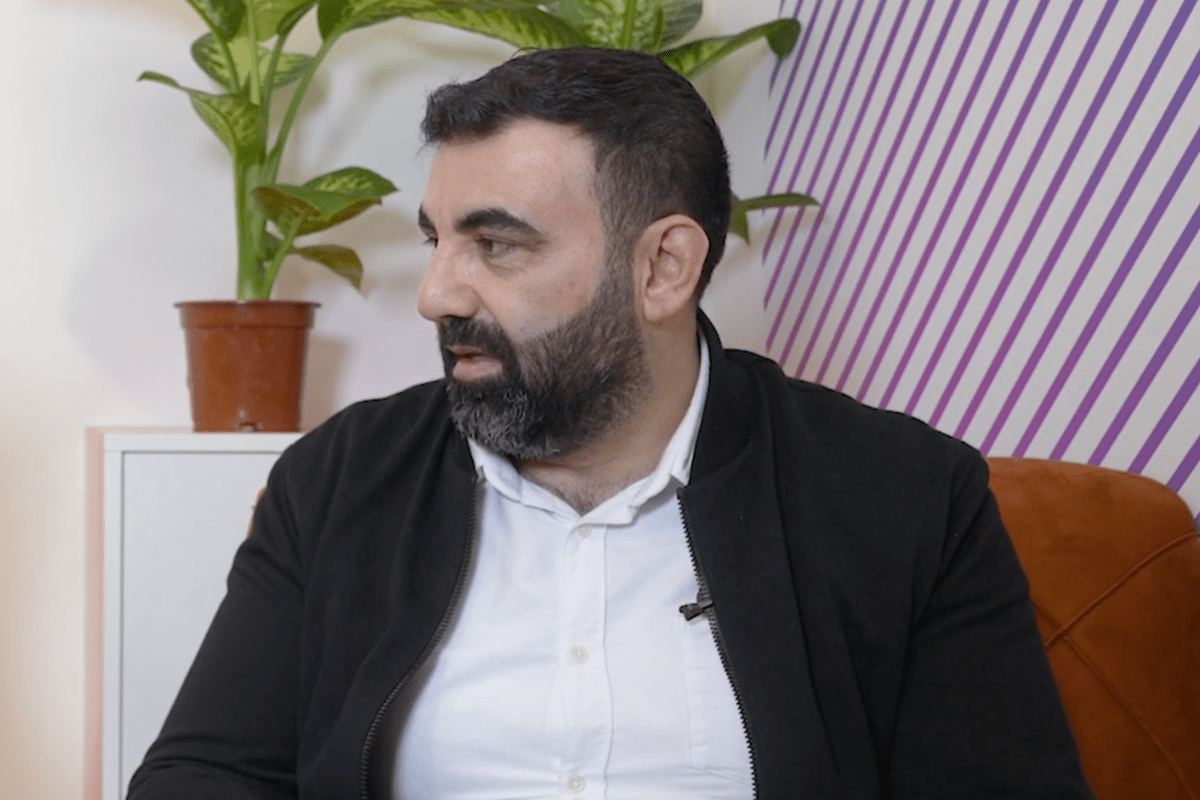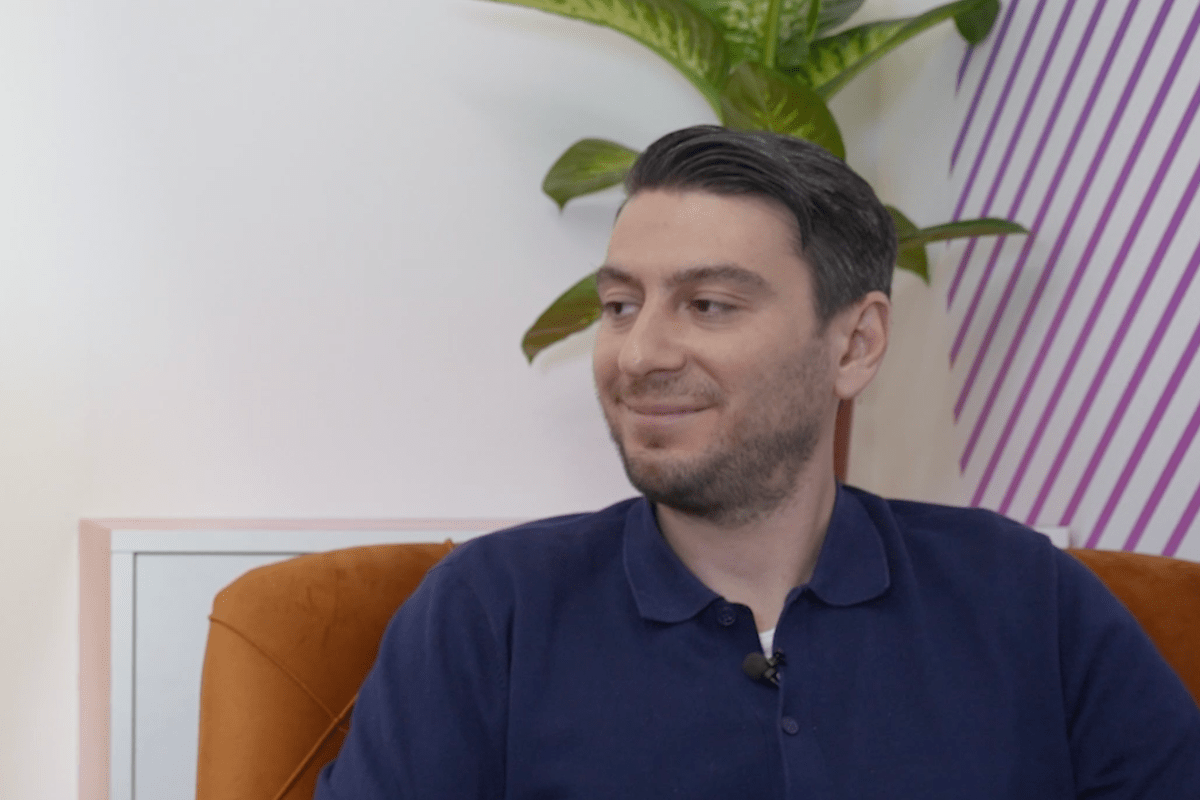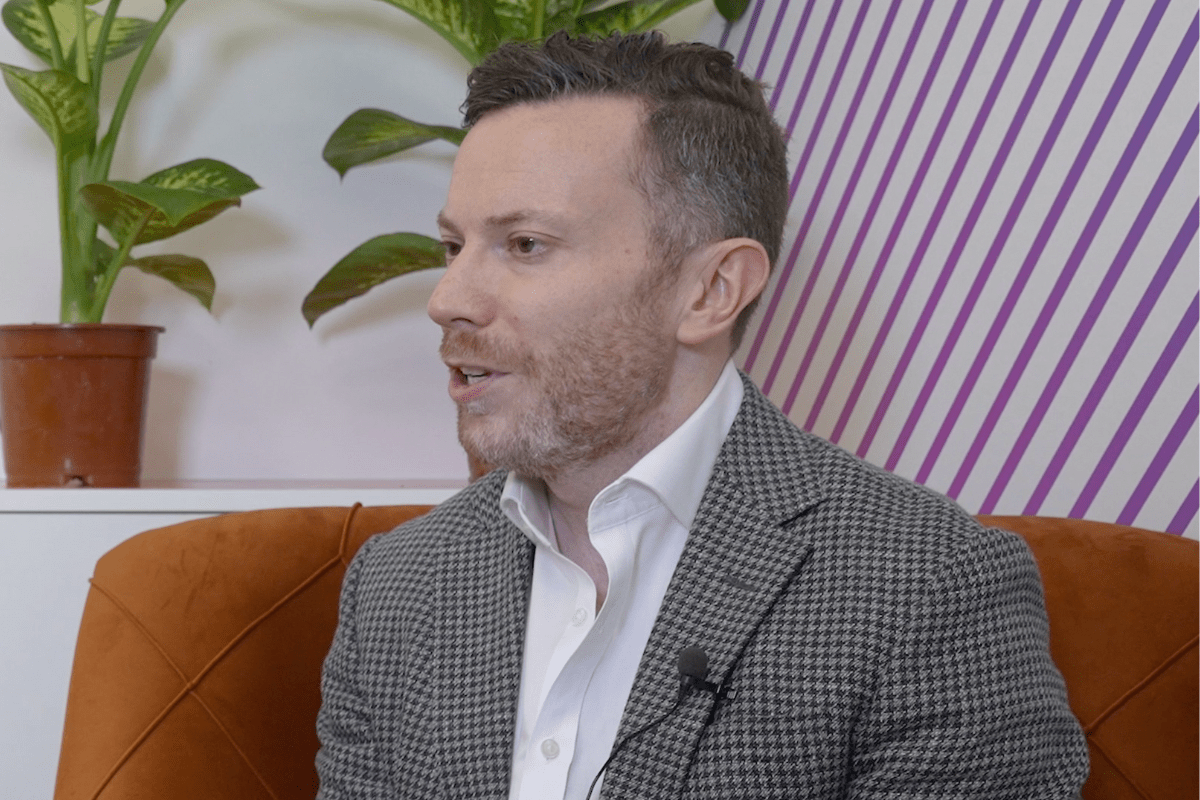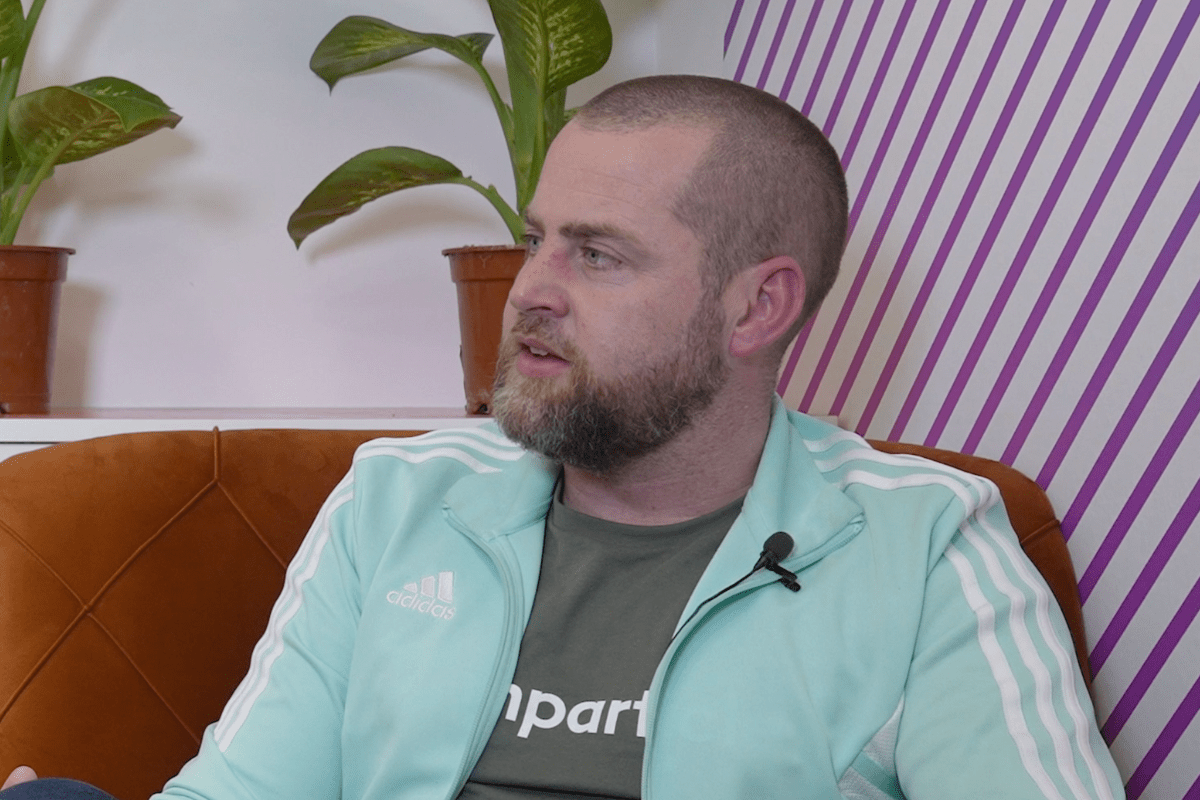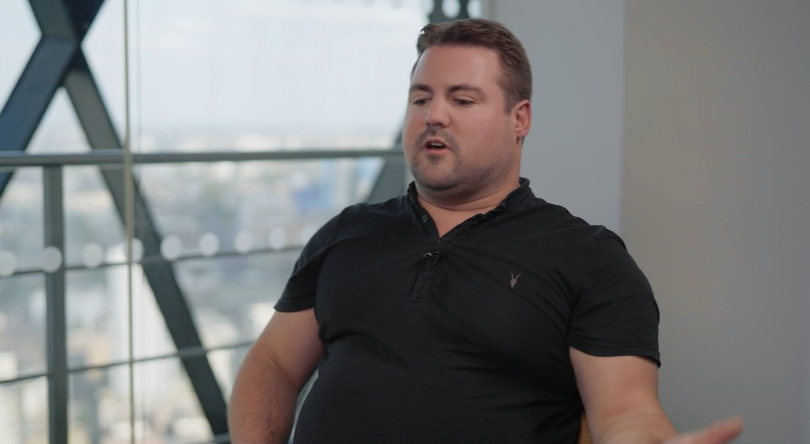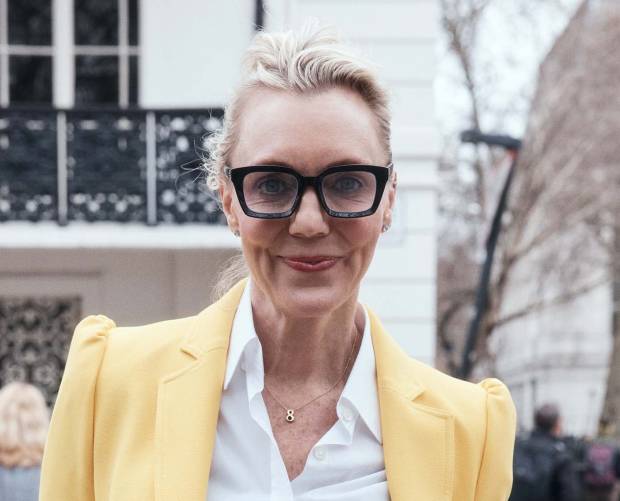“We are going back in time, but this is what I fear is going to happen” – Sizmek on GDPR
- Friday, March 16th, 2018
- Share this article:
David Murphy discusses AI and the existential threat to digital advertising with Mark Grether, CEO of Sizmek.
 MM: So Mark let’s start with last year’s acquisition of Rocket Fuel and the rationale behind that.
MM: So Mark let’s start with last year’s acquisition of Rocket Fuel and the rationale behind that.
MG: The rationale was that whenever we were talking to advertisers and agencies, they wanted a fully integrated platform, so not just the focus on the buy side with our ad server but also a fully integrated stack in terms of a DSP. Brands are now looking for a stack as opposed to using point solutions as they did in the past. With the data integrations between the different parts of the stack, you can unlock much more power. We are now the largest independent buy-side stack in the world, in 40 countries so truly global, and we own no media, and that resonates with clients who want an alternative to the Google stack.
MM: So how has it worked out so far?
MG: From a client perspective, our strategy is resonating tremendously well in the marketplace. I was just recently invited out to Geneva to see a big client, so they are approaching us as opposed to us reaching out to them. Internally, we have concluded the integration, integrated the two teams under our leadership on the sales and product engineering side, and we are using the Sizmek brand going forward, so we are one company now, and I think we have done an amazing job in bringing together 1,600 employees across the globe.
MM: So you’ve launched an AI Academy. I go to a lot of events, I host a lot of events, and it seems no presentation these days is complete without some mention of AI, but I wonder how often companies are serious about it and how many are just putting it in there because it sounds good.
MG: We’ve been serious about AI since the ingestion of Rocket Fuel. There’s a super strong AI team in Redwood City, and since the beginning of Rocket Fuel, AI was the most important thing for them from an engineering perspective. But in our industry, AI is also a challenge because you may fear that AI is replacing humans, but how we think about it is as an approach to help traders do the programmatic buying, get insights, have a better understanding of the data, and provide value, as opposed to this idea of AI as some sort of automated black box to replace humans. This shift in mindset to using AI as a recommendation engine is key to getting greater adoption.
MM: So tell us what your version of AI looks like.
MG: At the core of our business is data, and we have five key data assets. The first is the data we collect from the ad server; we see every impression, conversion and click. Then we have our DMP, [x+1], which gives us all the data about the consumer. Then there’s the context in which the ad gets served. Then creative – what’s performing and what isn’t. And finally the cost of media.
So we have all that in one place and then we put AI on top of that and the AI uses those elements to improve how we deliver media and creative. So it’s about media execution and dynamic creative optimisation, powered by the AI, which is fed by the five data elements.
MM: So are there any numbers you can give us around how much more effective it is when you do things this way?
MG: We normally talk about a 3X improvement in performance, so that can be more conversions or just less media needed to reach the campaign objective. If you think about a traditional DSP, there are a tremendous amount of levers you can pull, lots of data providers and media providers. It’s hard for a human to make the right decisions and this is where the machine is superior. It can come up with the right algorithm to say which data to use, which media, and how much to bid, and that leads to superior performance.
MM: As a backdrop to all this of course, there are some big issues around digital advertising right now, transparency, fraud, what’s your take on these and what are you doing about them?
MG: For us the two big issues right now are transparency and GDPR. From a transparency perspective, we have announced that we are completely transparent in how we do business, and we are positioned in a way where we can solve a dilemma that in the past, in the old world you would either tap into high performance platforms in a black box – and yes, Rocket Fuel was a black box – or you had a DSP and traders overrun by the opportunities they had in the platform, with too many levers to pull. And they were never designed to perform because of the pricing model invested in the infrastructure. If you get paid a percentage of the media you buy, where’s the incentive to perform?
So we have said OK, let’s give our clients the best of both worlds – access to AI, and open up the black box and give them full insight into how the AI operates and this also includes itemising the different components of the media plan and the services we provide on an invoice, so they know what they’re getting for their money.
MM: So how are you paid for the service you provide, is there a percentage of media spend in there?
MG: There are different charges depending on what you use. So the DSP it’s a percentage of media spend. The ad server is CPM. If our hands are on the keyboard running things for you there’s an FTE (full-time employee) model, man hours.
MM: So what about GDPR?
MG: This is the hot topic right now in Europe; agencies and advertisers are super nervous about what it means for them. I fear GDPR will lead to more consolidation in our industry and less choice for consumers. It may not support consumers in terms of choice and control as much as it should.
When I talk to publishers, they are super nervous, but they know they need to get the opt in for themselves and the tech partners they work with. So they are going to limit the amount of companies they work with, which means big players like us will have an advantage.
The second thing is that we will move to a world where it’s more about contextual targeting, the context of the website as opposed to the user itself, so with Peer39 we have a contextual targeting product that is getting more traction in the European market.
Also, AI becomes more important in the GDPR world as there will be less data available; the algorithm becomes more important in how you cope with this. The more advanced AI platforms will shine while others that use the word but who are not using AI in an advanced way will suffer more than the advanced platforms. We also see that there will be less data available so people will see more ads that are not targeted and less relevant to them.
MM: When you say consumers will have less choice, you don’t think the average consumer cares or knows if one ad tech company or another goes to the wall or gets bought up do you?
MG: What I mean is, we are seeing some clients who have declared that they are exiting the European market, and we expect more to follow, so consumers will lose some brands they trust and it’s more likely they will give Google or Facebook the opt in rather than a small player, so these smaller companies will have a hard time and there will be fewer players who will survive. Smaller brands, boutique publishers, ad tech providers they all need opt in and the smaller you are, the harder it is to get the opt in.
MM: So give us example of how contextual targeting, which doesn’t require any personal data on the consumer, works.
MG: So you see someone and you know nothing about them, you have no data on them, but you see that they are on a finance website, so we’ll serve them a finance ad, because they have shown an interest in finance, so the ad is targeted to the context of the website.
MM: Two things there. It sounds like in one sense a very obvious thing to do, that advertisers should have been doing forever. But it also ignores the fact that the consumer on the finance website might also be into golf and travel, so he’ll only see ads for finance, and not for the other things he’s interested in.
MG: Yes, it removes the chance to serve me an ad for golf equipment when I’m on a finance website. We are going back in time, but this is what I fear is going to happen. As I don’t know you are into golf I will not show you a golf ad, so Nike will need to spend more money, which means more waste and more untargeted ads, which is unpleasant for consumers and publishers and brands, but that’s the world we are heading for.
MM: Doesn’t that then, as some people said to me at MWC a couple of weeks ago, become an existential threat? Digital advertising already gets a bad press. If the ads are going to become less targeted, less relevant, surely clickthrough rates are going to fall even further and brands are going to question whether the money they spend on digital advertising could be better spent elsewhere.
MG: Maybe in the short term, because people are uncertain how to cope with the new ecosystem, but people will adjust and we will see growth, because the money goes where the eyeballs are, and we as consumers will not stop using digital as a medium to consume content and ads. So just as GDPR is a threat to the current ecosystem, it is also an opportunity for new players to arrive and shine, so I would not be surprised if in 2018 we see some companies coming out of GDPR stronger than they were before. And I am positive that with our AI, contextual targeting and ad server product, we are among the ones who will actually benefit from GDPR.




